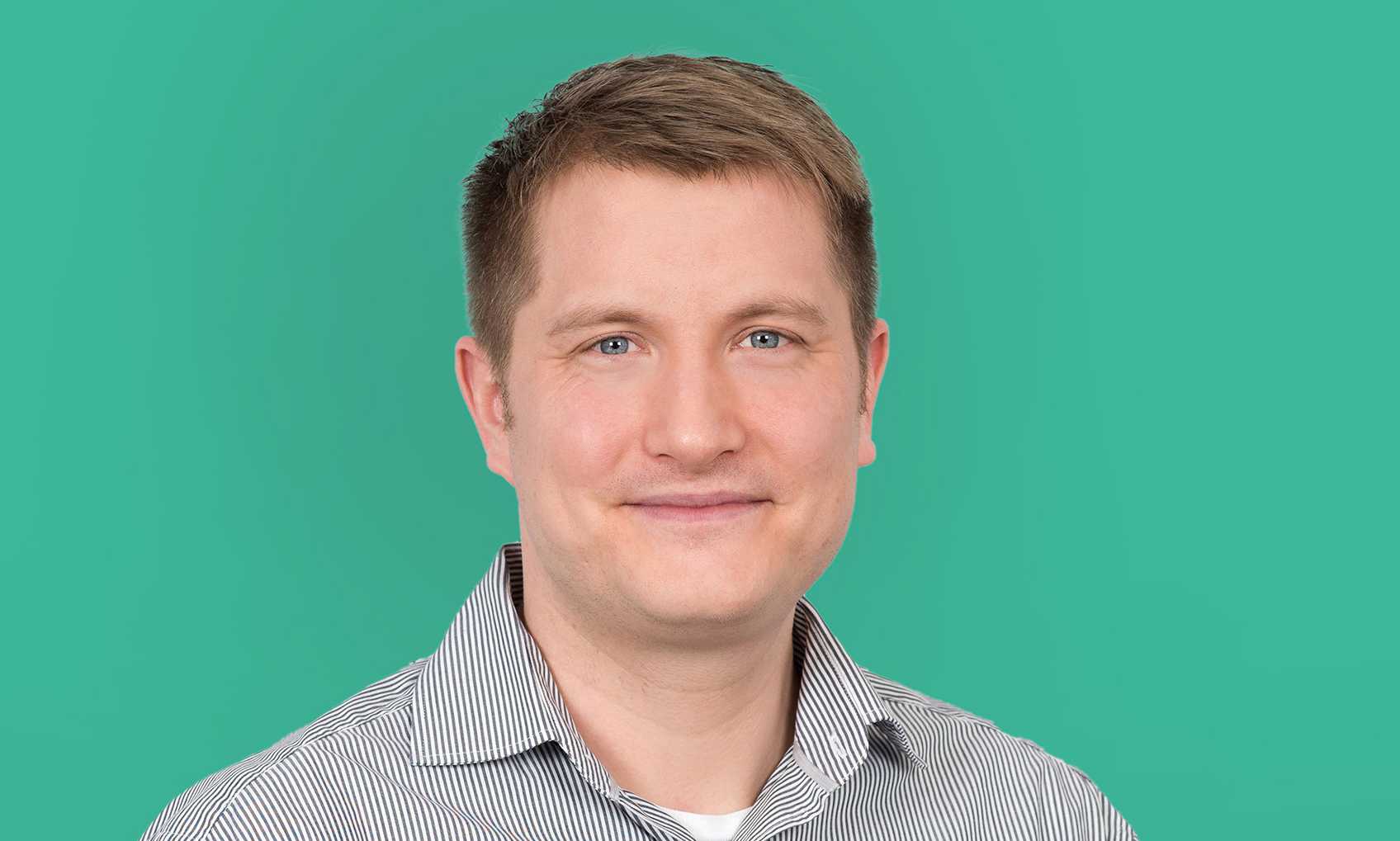Stefan Nägeli: "It’s satisfying to get feedback from users at the end of the day"
Stefan Nägeli completed his Master's degree in computer science at ETH Zurich in 2006. As co-founder and CTO of swisspeers AG, he now uses his skills to solve complex business problems in the finance software industry.

Stefan Nägeli, why did you decide to study computer science at ETH Zurich?
My father bought his first Macintosh computer in 1987. I’ve been fascinated by computers ever since. During secondary school, I had the opportunity to join the IT Support team. The team consisted of students and a supervising teacher. While working there, I realised that I wanted to study computer science.
Which moments from your studies do you remember most?
I certainly have vivid memories of the days when the names of people who passed the first and second Vordiplom were published physically on a board. People used to gather in front of the list to see if their name was on it or not. I was so nervous and eager to find out if I had passed and to know if all those weeks of hard studying had paid off. And, of course, the graduation ceremony in Audi Max. It was a very exciting time to finally graduate and to move on to the next chapter of life with various career opportunities available.
What did you do after graduation?
After graduating from ETH in 2006, I joined SunGard (known as FIS today) to develop risk management software for the finance industry. Starting as a software engineer, I had the opportunity to lead the Swiss development team in 2009 and was promoted to Chief Technology Officer for the “Risk and Performance” business unit in 2012. In 2015, I founded the start-up swisspeers with two former colleagues. Swisspeers is a fintech start-up that provides peer-to-peer loans and leasing to Swiss enterprises.
What do you appreciate most about your profession?
I very much like working in the (finance) software industry because I can work in small, agile and cross-functional teams. I also like the fact that we try to solve complex business problems for our users by building software. At the end of the day, you see what you’ve done and get feedback from users. That’s very satisfying.
What did you learn during your ETH studies besides technical knowledge?
Studying computer science taught me a lot about structural thinking. Especially in courses like Data Structures and Algorithms, I really learned a lot about precisely describing algorithms, quantifying complexity and reasoning about runtime and resources. In addition, preparing for weeks for the first- and second-year exams required a lot of self-organisation and discipline.
What was your favourite lecture?
My favourite lecture was Compiler Design as it covered numerous useful topics, such as parsing, lexical analysis, code generation and optimisations. The lecture contained many challenging coding exercises and it was fun to see who came up with which solution.
Are you still in contact with any of your fellow students?
Sure! A fellow student even got married to a secondary school friend of mine. I didn’t introduce the two, so I guess it’s really a small world. We recently met on a skiing holiday and our kids went to ski school together.
What do you wish for D-INFK on its 40th birthday?
I think it’s very crucial for Switzerland to have access to talented IT resources. As an employer, I see how hard it is to find and hire talented people locally. In that spirit, I hope D-INFK continues to retain and attract excellent professors and lots of gifted and curious students who will start their career in Switzerland.
40 years D-INFK
In 1981, the computer science curriculum was introduced at ETH Zurich. At the same time, the IIIC division was established, which was the foundation for today's Department of Computer Science. On the occasion of its 40th anniversary, we present alumnae and alumni who have carried their knowledge and skills from ETH Zurich into the outside world over the past four decades.